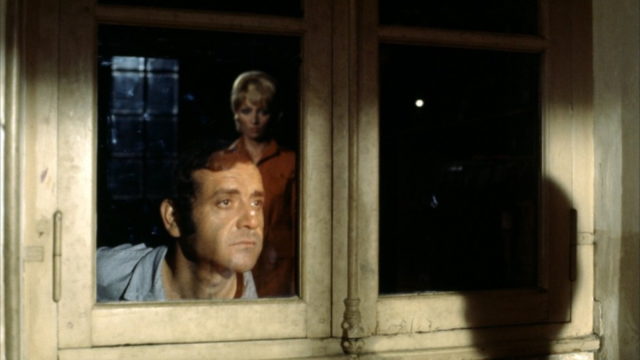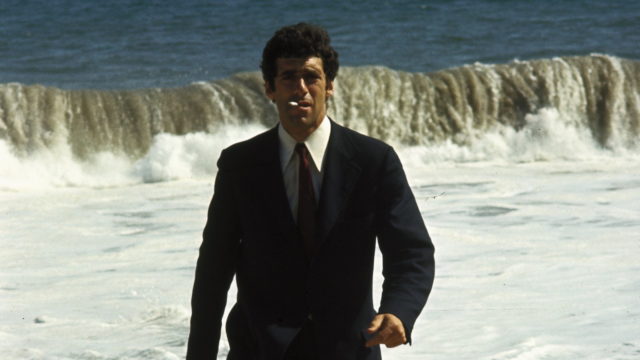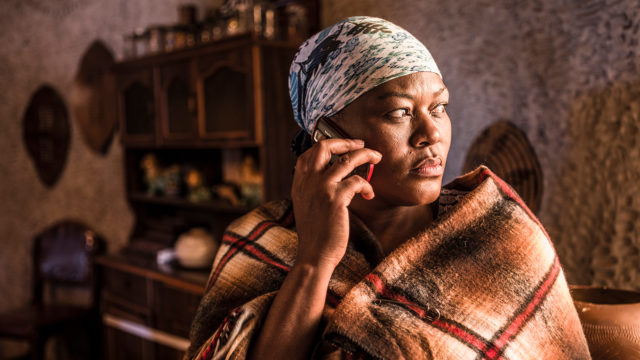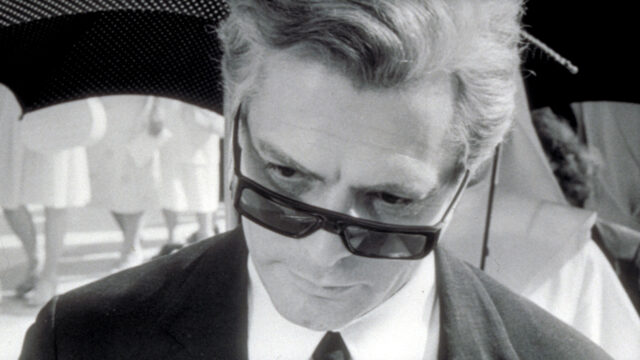Print Screen: Hari Kunzru and Passport to Pimlico
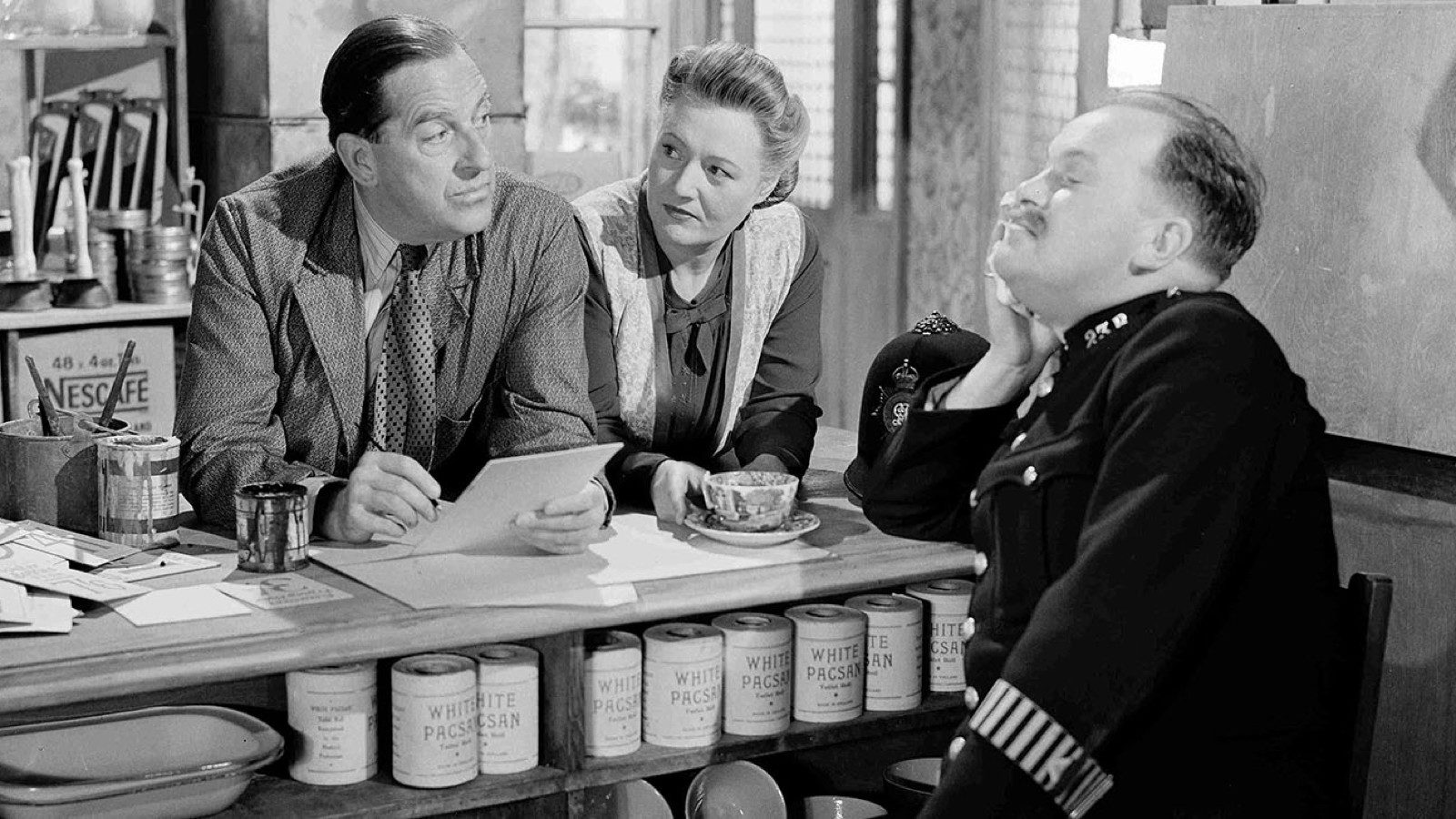
Occasioned by the release of his recent novel White Tears (Alfred A. Knopf)—a razor-sharp mystery about America’s history of greed, revenge, exploitation, and music—Hari Kunzru will present Passport to Pimlico, Henry Cornelius’s cheeky satire about secession in postwar England. This event is co-presented by Book Culture and copies of Kunzru’s novel will be available for purchase.
Passport to Pimlico
Henry Cornelius, UK, 1949, 84m
In the London neighborhood of the film’s title, a bomb explosion unearths a trove of documents to fish-shop owner Arthur Pemberton (Stanley Holloway), one of them declaring Pimlico as part of Burgundy, France. Looking to take advantage of the country’s period of austerity and rationing, the locals declare independence from the British government. Cornelius’s debut feature was shot on location in 1949 in London’s war-ravaged streets, imbuing an otherwise lighthearted comedy from Ealing Studios (Kind Hearts and Coronets, The Ladykillers) with an undeniable sense of World War II’s devastation.
Kunzru on Passport to Pimlico: “I have always been interested in national identity, particularly British national identity. Growing up in London with an Indian father and and English mother, the question of belonging was always a personal one for me. All my work seems to revolve around characters who are outsiders in some way, whose identity is in play or in process. In the 1949 Ealing comedy Passport to Pimlico, a London neighborhood secedes from the UK, asserting its ancient “Burgundian” territorial rights. Seen in the light of Brexit, it’s almost painfully topical, as the newly minted Burgundians explore the possibilities of autonomy from the crown. It’s also a very funny look at postwar austerity and the kind of community people hoped would emerge out of the hardships of the war years. It’s a film that reminds me of childhood Sunday afternoons, and shows that it’s possible for a film to be “political” and pleasurable at the same time.”
Author Hari Kunzru: Hari Kunzru is the author of four previous novels. His work has been translated into 21 languages, and his short stories and journalism have appeared in many publications, including The New York Times, The Guardian, and The New Yorker. He is the recipient of fellowships from the Guggenheim Foundation, The New York Public Library, and the American Academy in Berlin. He lives in Brooklyn.

